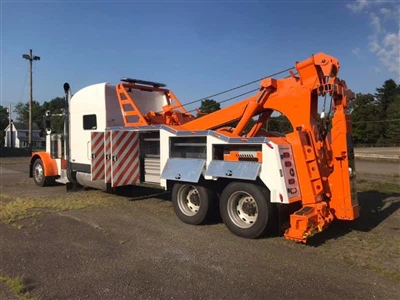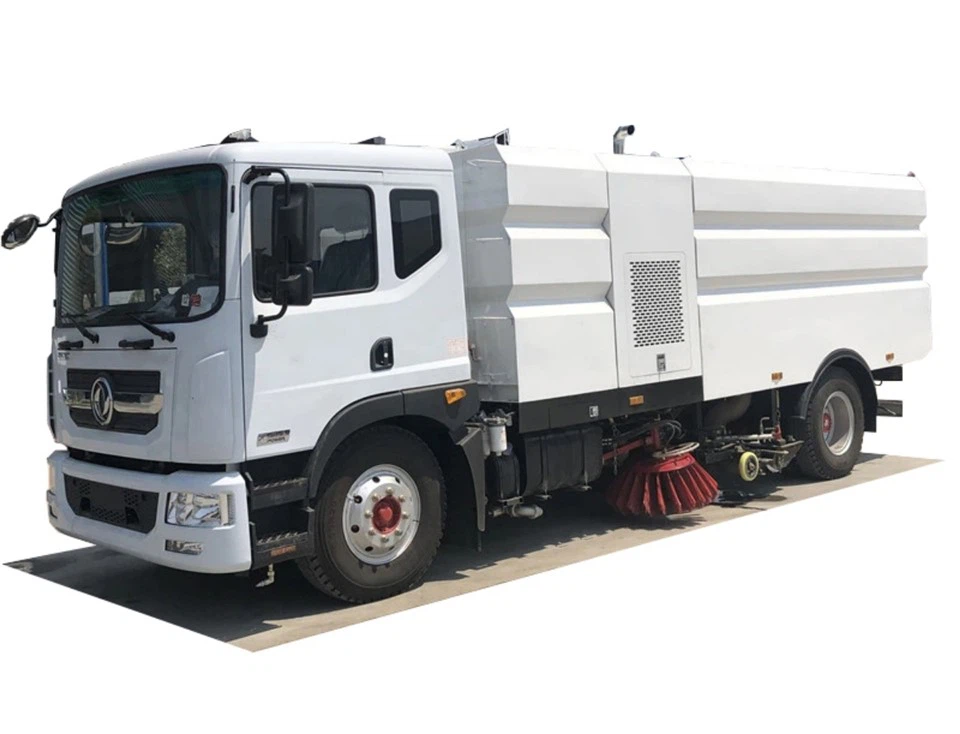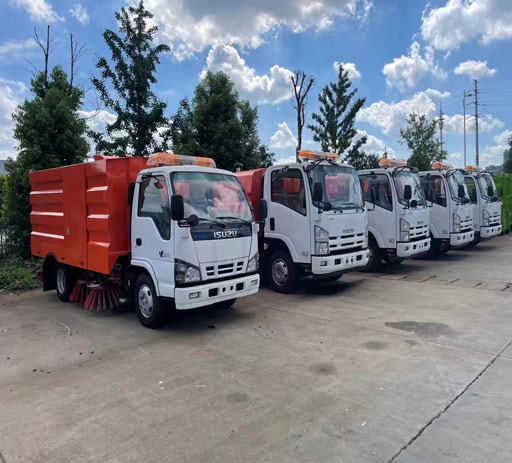Refuse Trucks for Hire: Your Comprehensive Guide

Introduction
In today’s world, proper waste management is crucial for both environmental health and urban living. Refuse trucks play a vital role in keeping our cities clean and manageable. Whether you are a business owner needing to handle waste efficiently or a contractor requiring specialized waste collection services, renting refuse trucks is a practical solution. In this article, we will explore everything you need to know about refuse trucks for hire, including their types, benefits, costs, and more.
What are Refuse Trucks?
Refuse trucks are specially designed vehicles used for collecting and transporting waste materials. They come in various sizes and configurations to accommodate different types of refuse, from household waste to industrial debris. Their designs often include features that facilitate the efficient loading, compaction, and disposal of waste, making them essential for both urban and rural waste management.
Types of Refuse Trucks
1. Front Loader Trucks
Front loader trucks are equipped with a hydraulic arm and a large bucket at the front. These trucks are ideal for commercial waste collection, particularly for dumpsters and large bins. Their ability to lift heavy loads makes them an efficient choice for busy commercial areas.
2. Rear Loader Trucks
Rear loader trucks are designed with a rear access point for waste collection. They are commonly used for residential waste collection and can easily navigate narrow streets. These trucks often have a compact design that helps in maneuverability.
3. Side Loader Trucks
Side loader trucks have an arm on the side that picks up waste bins, making it easier for operators to collect waste without leaving the cab. This type is becoming popular in urban settings due to its efficiency and safety features, reducing the exposure of workers to traffic.
4. Compactor Trucks
Compactor trucks are built to compress waste materials, allowing for larger loads. This feature is particularly useful for reducing the number of trips needed to a landfill or waste processing facility.
Benefits of Hiring Refuse Trucks

1. Cost-Effectiveness
Hiring refuse trucks can be more affordable compared to purchasing them outright. It eliminates maintenance costs, insurance, and depreciation associated with owning a vehicle.
2. Flexibility
Your waste management needs can change over time. Hiring refuse trucks offers the flexibility to scale up or down depending on your requirements, ensuring you are not stuck with unnecessary assets.
3. Access to Modern Equipment
Rental services often provide the latest models equipped with advanced technology, improving efficiency and safety during waste collection.
4. Compliance with Regulations
Professional refuse truck rental companies are well-versed in local waste management regulations. By hiring them, you ensure compliance with laws, reducing the risk of penalties and fines.
Choosing the Right Refuse Truck for Hire
1. Assess Your Waste Type
Understanding the type and volume of waste you will be handling is crucial. For instance, a construction site may require a different truck than a residential area.
2. Evaluate Your Budget
Consider your budget for hiring refuse trucks, including rental fees, fuel costs, and any additional services provided by the rental company.
3. Check Rental Policies
Compare different rental companies’ policies. Pay attention to their terms regarding mileage, maintenance, and liability for damages.
Costs of Hiring Refuse Trucks
1. Factors Influencing Cost
| Factor | Description |
|---|---|
| Truck Type | Different types of refuse trucks come with varying rental rates. |
| Rental Duration | Short-term rentals may have different pricing structures than long-term contracts. |
| Distance | The distance traveled can affect fuel costs, impacting the overall rental cost. |
| Additional Services | Services like loading assistance, disposal, and processing may incur extra charges. |
2. Average Rental Costs
On average, the cost to hire a refuse truck can range from $150 to $300 per day, depending on the factors mentioned above. Long-term contracts can yield significant savings, sometimes reducing the daily rate to as low as $100.
How to Rent a Refuse Truck
1. Research Rental Companies
Start by searching online for companies that specialize in refuse truck rentals. Read reviews and check their reputations to ensure reliability and service quality.
2. Compare Quotes
Contact multiple companies to obtain quotes based on your specific needs. Compare not only prices but also the features and conditions of each offer.
3. Read the Contract
Before signing any agreement, read the contract thoroughly. Make sure you understand all terms and conditions, including insurance coverage and liability for damages.

4. Schedule Delivery and Pickup
Coordinate with the rental company to schedule the delivery and return of the refuse truck at mutually convenient times.
Safety and Maintenance Considerations
1. Operator Training
Ensure that drivers are adequately trained in operating refuse trucks. Safety protocols should be strictly followed to minimize risks associated with waste collection and transportation.
2. Regular Inspections
Conduct regular inspections of the refuse truck before and during its use. Check brakes, lights, and other essential components to ensure safe operation.
3. Waste Handling
Properly segregate waste materials during collection. This not only promotes recycling but also ensures compliance with waste disposal regulations.
Environmental Impact of Refuse Trucks
1. Reducing Landfill Waste
Efficient waste collection using refuse trucks reduces the amount of waste that ends up in landfills, benefiting the environment.
2. Promoting Recycling
Many refuse truck operations now include recycling programs that encourage the sorting and processing of recyclable materials.
3. Emission Standards
Newer refuse trucks often meet stricter emissions standards, reducing their impact on air quality compared to older models.
Practical Tips for Hiring Refuse Trucks
1. Understand Your Needs
Be clear about what type of waste you’ll be collecting and how often you’ll need the refuse truck. This clarity will help you communicate better with rental companies.
2. Plan for Peak Times
Consider seasonal demand. For example, if your business generates more waste during certain months, plan your truck hire in advance to avoid shortages.
3. Create a Waste Management Plan
Having a structured waste management plan can help ease the logistics of hiring refuse trucks and make the process more efficient.
FAQs

1. What is the difference between renting and leasing a refuse truck?
Renting typically refers to short-term use, while leasing usually involves a longer commitment with an option to buy or renew.
2. Do rental companies provide drivers with the trucks?
Some rental services offer drivers as part of the contract, while others may require you to provide your own trained personnel.
3. What happens if the refuse truck gets damaged during my rental period?
Most rental agreements include liability clauses. It is essential to review these terms to understand your responsibilities regarding damages.
4. Can I rent a refuse truck for a one-time event?
Yes, many rental companies offer refuse trucks for one-time events such as cleaning up after festivals, fairs, or large community clean-up days.
5. Is there a minimum rental period for refuse trucks?
Many companies have a minimum rental period, which can typically range from a few hours to a day. Be sure to check with the rental service for specifics.
6. Are there special permits required for hiring and operating refuse trucks?
Depending on your location and the scope of waste collection, you may require permits. It is advisable to check local regulations before hiring a truck.
